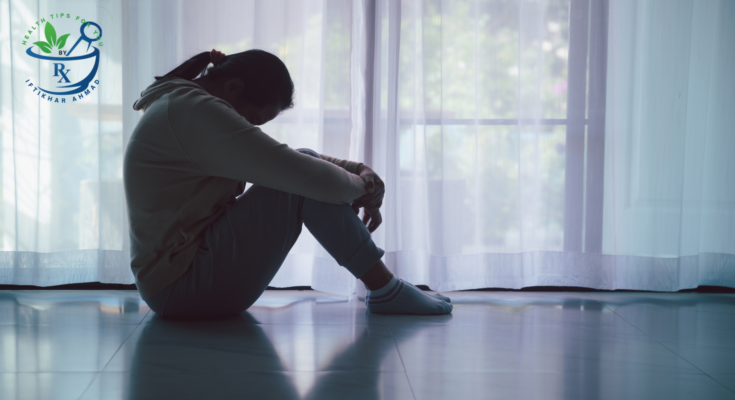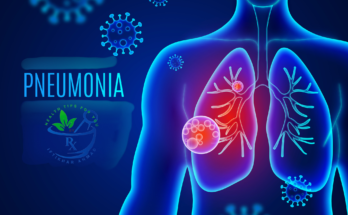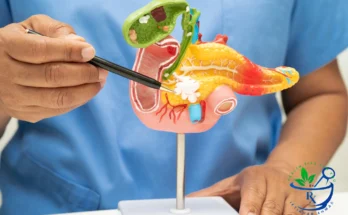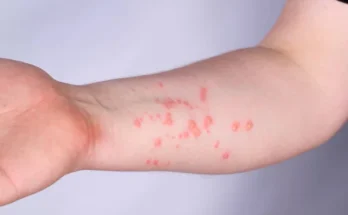Depression in women is a most common issue that has various causes, ranging from hormonal changes to life circumstances. Recognizing the major causes of depression in women is important for providing effective treatment and support. Let’s discuss the causes, treatments, including herbal and natural remedies and lifestyle modifications that can help manage depression in women. By understanding these factors, women can take proactive steps toward mental health and well-being.
Understanding Depression in Women
Hormonal Fluctuations
One of the primary factors that can lead to depression in women is hormonal fluctuations. Women experience these mood changes at various times in their life cycle, including during puberty, menstruation, pregnancy, the postpartum period, and menopause. For example, lower estrogen concentrations during menopause cause hormonal fluctuations that may trigger mood swings and episodes of depression. Similarly, hormonal changes such as those that occur during menstruation are associated with mood swings and symptoms of depression in females.
Postpartum Depression
It is a type of depression that may affect a woman after giving birth and is more severe. This condition affects many new mothers and is characterized by feelings of extreme sadness, anxiety, and fatigue. The medical cause of postpartum depression is still unknown but may result from hormonal change, sleeplessness and stress from the new baby’s care. These are the symptoms of postpartum, which may comprise regular crying spells, mood swings and difficulty bonding with the baby.
Bipolar Depression
Another significant cause of depression in women is bipolar disorder. This is a type of mental illness characterized by episodes of depression and mania. Bipolar depression symptoms in females can be severe, and its effects on daily functioning can be substantial. Female BPD patients may have episodes of possible depressive symptoms such as depressive mood, irritability and loss of interest in activities.
Depression in Women due to Life Events and Stress
It was found that aversive life experiences like bereavement, marital disruption or economic problems can precipitate depression in women. This can also be due to stress and trauma in the chronic cases and other related psychological disorders. Men suffer stress more than women, as societal expectations force women into performing legitimate functions, caring for others, and experiencing discrimination, making them more susceptible to depression.
Health Conditions
Certain health conditions such as anaemia, thyroid disease, diabetes, cancer, heart disease, and reproductive disorders that can raise a woman’s chances of suffering from depression. For instance, polycystic ovary syndrome (PCOS) is an endocrine-related condition that causes hormonal dysregulation, leading to changes in moods. Some of the psychological effects of PCOS include a higher prevalence of depression and anxiety in women with this form of polycystic ovary syndrome. Moreover, the following common diseases have been closely related to depression: diabetes, cardiovascular disease and chronic pain.
Genetic Factors
It is important to note that depression is a biological disorder and therefore it has genetic factors that influence its occurrence. Research shows strong indications that women in a family line afflicted with depression or similar health complications are more likely to experience depression. One’s genes can make them vulnerable to depression, and elements within their environment, such as stress or trauma, can trigger this vulnerability.
Signs of Depression in Women
That is why it is important to familiarize oneself with the symptoms of depression, seen predominantly in women. Common signs of depression include:
- Low mood or depressed mood Also known as; Persistent low spirits
- Taking a break from the things most people enjoy doing
- Alterations in dietary habit, Intake of foods that are prohibited, weight gain or loss.
- Sleep disturbances
- Tiredness or tiredness from work Energy loss
- Difficulty concentrating
- This includes feeling worthless, guilty, or thinking of oneself as being bent on committing suicide.
- Ideation or thinking about dying or killing oneself
Of course, some signs might be unique to each type of depression. For instance, women may find it difficult to bond with the newborn baby as well as experience hormonal changes and migraines, and bipolar depression symptoms include feeling sad most of the time with episodes of mania or hypomania.
Treatment for Depression in Women
Medical Treatments
Do healthcare providers treat depression differently in women than in men? For women, the recommended course of action may consist of medication and counselling. Doctors often treat depression with drugs, especially antidepressants, as they assist in managing the condition. It is important to understand that despite the recommendations above, the choice of the best antidepressants for women may depend on a number of factors such as the woman’s history and particularities of her case. Although SSRIs are commonly prescribed drugs of choice, healthcare providers can prescribe others, including serotonin-norepinephrine reuptake inhibitors (SNRIs) and atypical antidepressant medications.
Psychotherapy
Antidepressants, psychotherapy, or talking therapy are all considered to work for depression. A number of treatments are available for postpartum depression with Cognitive behavioral therapy (CBT) being remarkable. CBT facilitates a patient to recognize and change specific tendencies and behaviors that may be the causes of depression. Other forms of psychotherapy that therapists can administer to the patient include interpersonal therapy and other more personalized therapies.
Natural Remedies and Lifestyle Modifications To Treat Depression in Women
However, it costs something to know that besides clinical approaches, there exist a plethora of natural methods and lifestyle changes that can address the problem in women. Many people acknowledge that these approaches address holism or the human whole and can be administered alongside orthodox treatment methods.
Herbal Remedies
They found that people have used traditional medicines, particularly natural/herbal remedies, to treat depression. Some popular herbs for depression include:
- Many people are familiar with St. John’s Wort because it can treat mild and moderate depression.
- Research has shown that Omega-3 fatty acids, found in fish oil, improve mood and lessen depressive symptoms.
- Saffron, a recent discovery, acts as an antidepressant and can help cure people with depression.
Nutritional Supplements
A number of vitamins and other supplements can be useful for improving both mental health and dealing with the signs of depression. For instance, part of the nutrients that are crucial in the body include vitamin D, magnesium, and B vitamins are important in the brain activities and moods. Thus, regular supply of these nutrients to the body through a balanced diet is very helpful in the prevention and control of depression.
Physical Activity
Exercise is one of the nature’s best cures for depression since it involves undertaking physical activities, routines at fixed intervals. Exercise relieves tension and stress and causes production of endorphins which have a soothing effect on the brain and lift up the mood. These include walking, running, practicing yoga, and dancing are among the helpful exercises that may lead to a decrease in the symptoms of depression.
Mindfulness and Meditation
One assumes that practicing mindfulness together with meditation may be helpful in diminishing stress and enhancing mood. These techniques require motivating subjects and making them concentrate on the current moment in addition to accepting thoughts and feelings without passing judgment on them. MBCT is a gold standard approach for the treatment of depression, as it is a blend of mindfulness strategies and cognitive behavioral therapy.
Social Support
Depression needs social support which means that a candidate must ensure he or she has strong social support system. To minimize feelings of loneliness, it is important to meet with friends, family, and support groups. Similarly engagement in community activities.
Conclusion
This article discusses the sources of depression in women and considers several factors. These including hormonal imbalance, stress from life events, health complications, and inheritance. Education regarding recognising the symptoms of depression in women and the causes of this condition is crucial to draw optimal results in cases with such pathologies. Consider medications, psychotherapy, and other physical cures such as natural remedies while dealing with depression. Through promoting fortified exercise regimen, a proper diet and carrying out other activities that involve the mind. Women can easily reduce the chances of developing mental disorders while boosting the quality of their lives.






One Comment on “Depression in Women Especially Postpartum Depression”